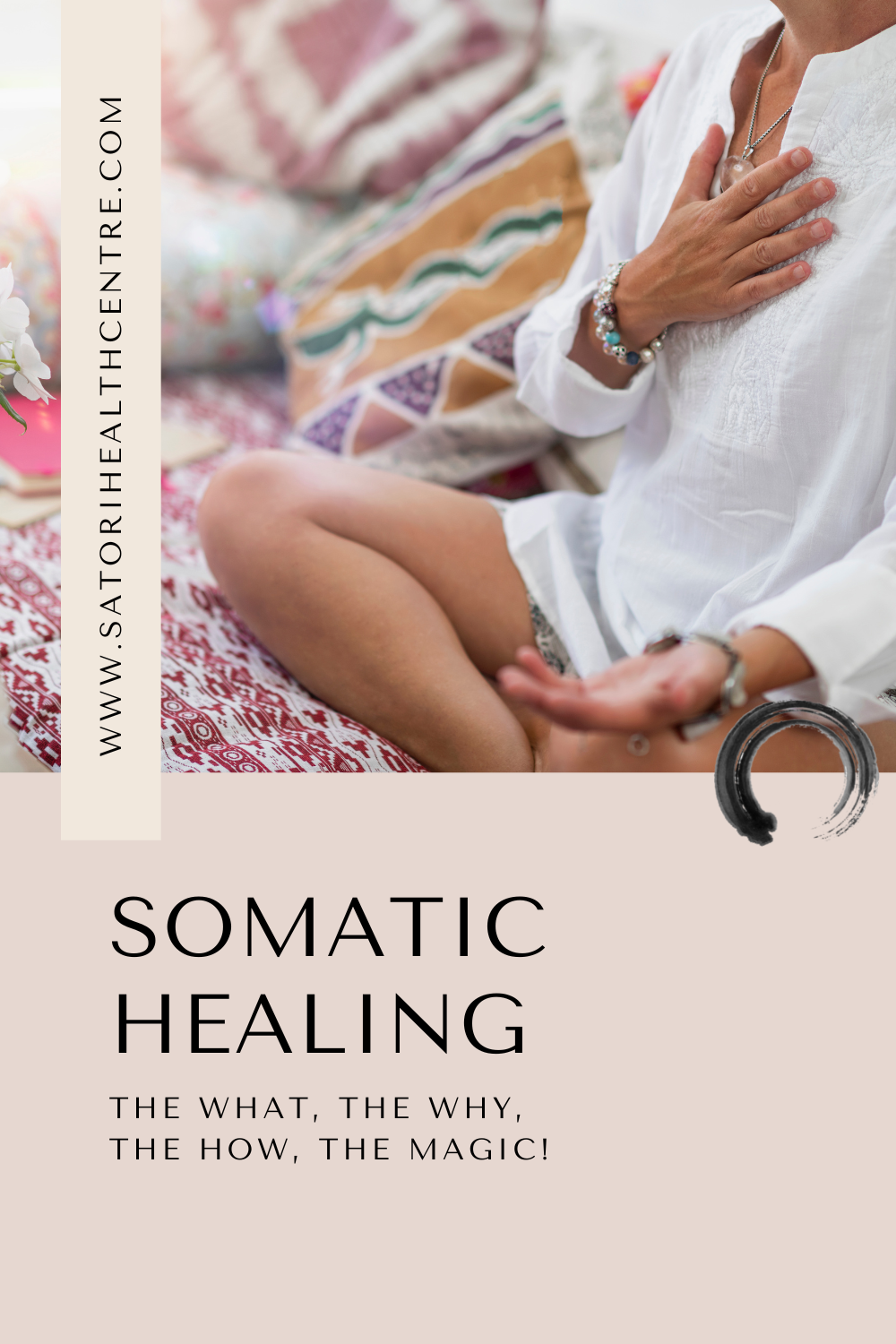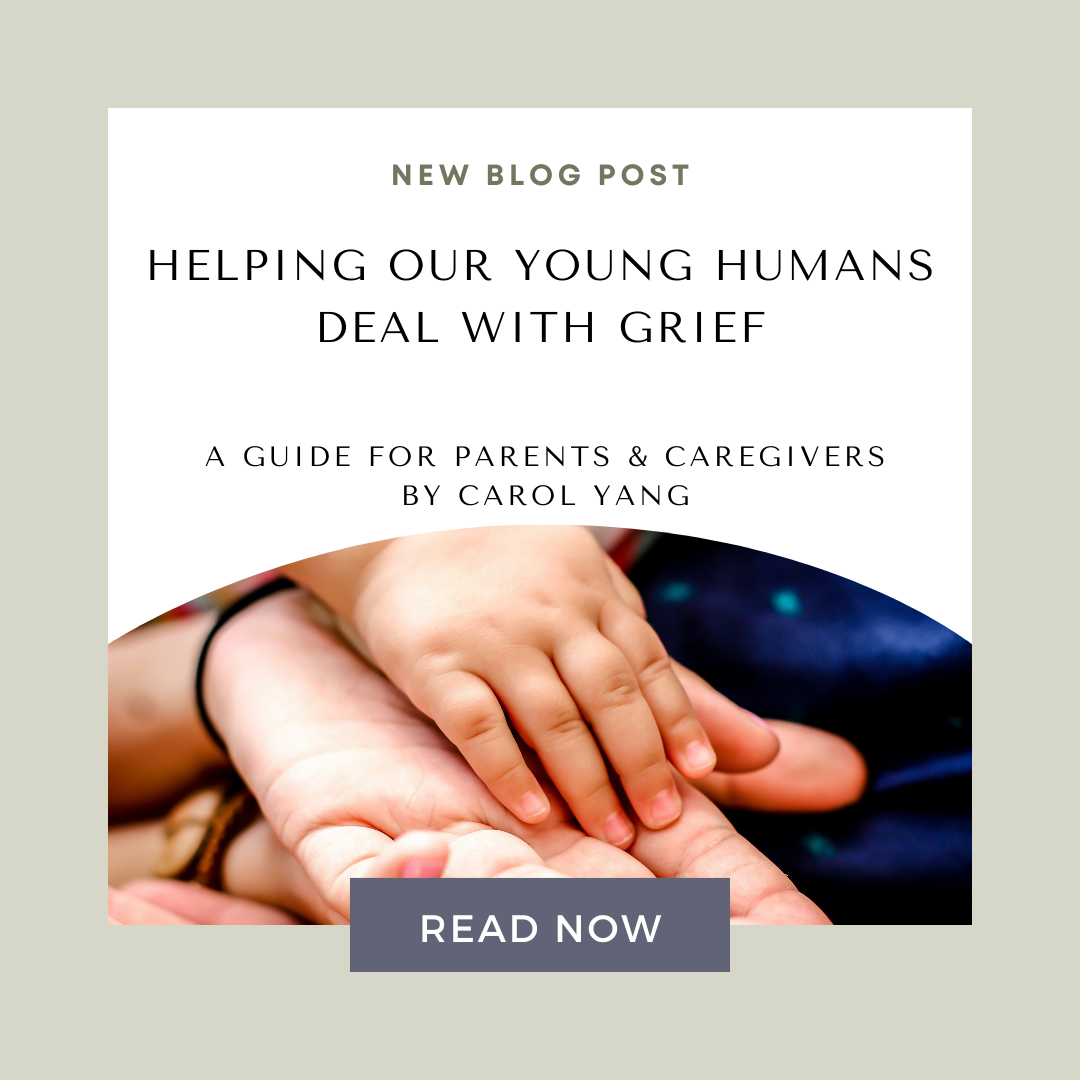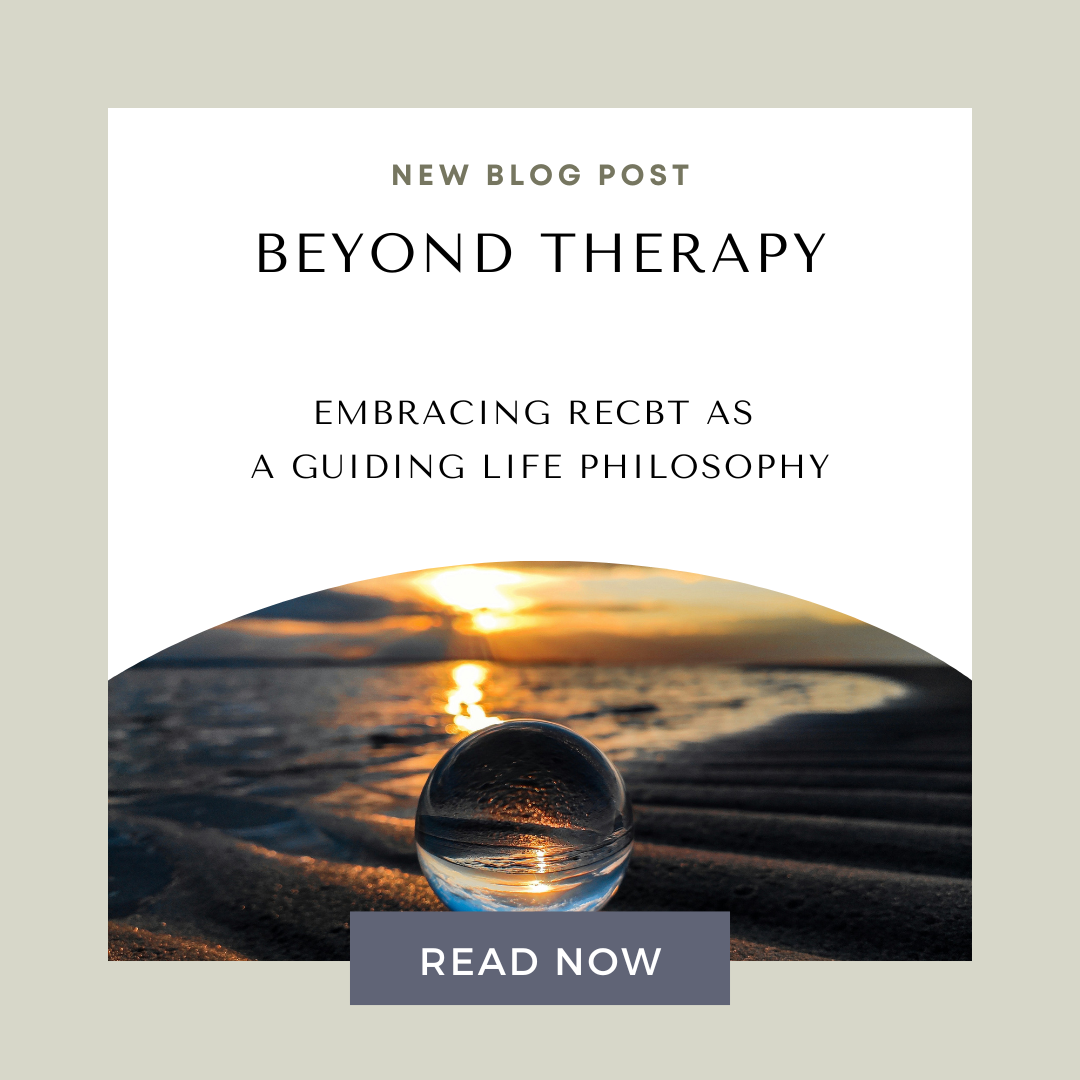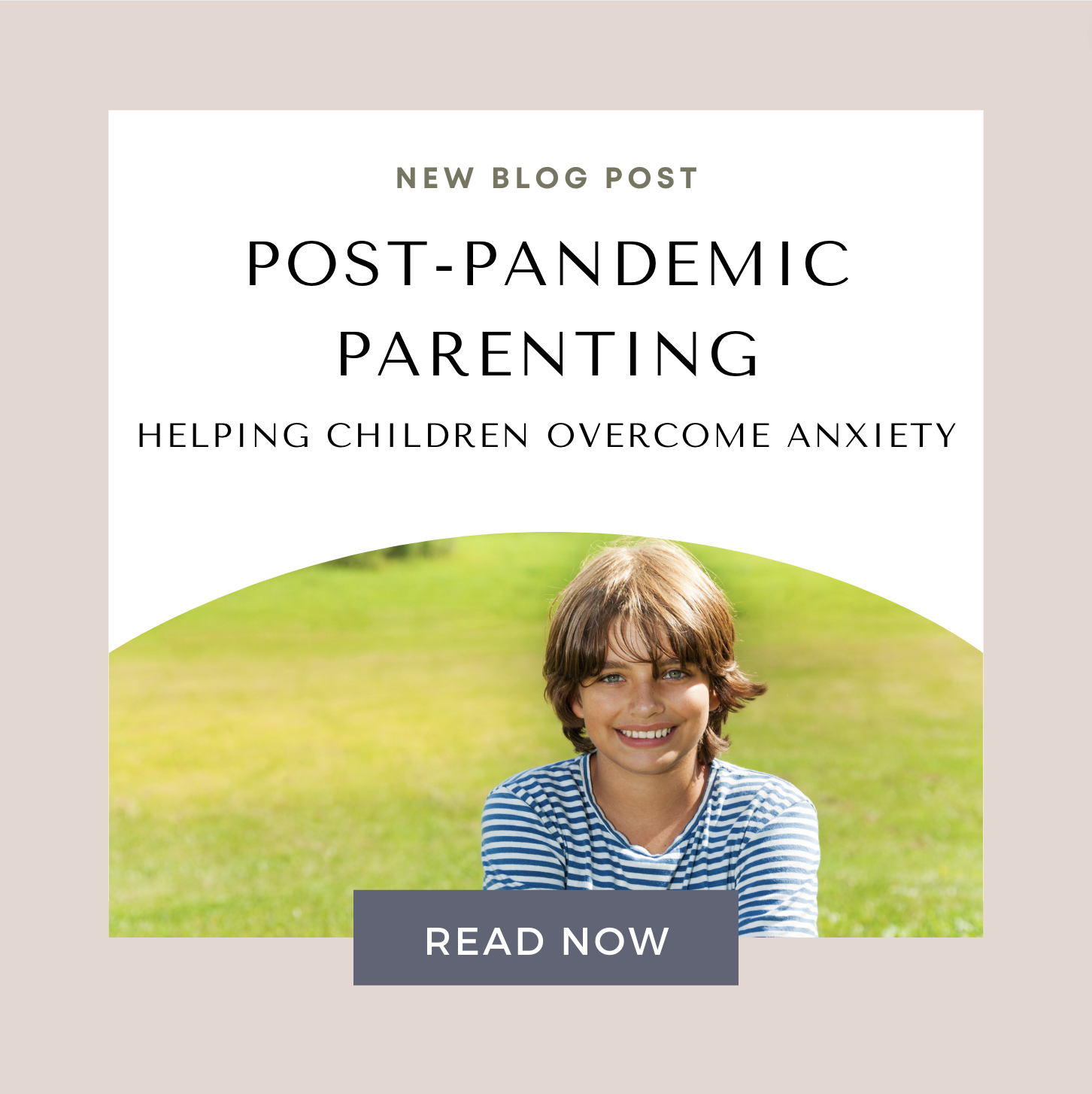Somatic Healing - The What, The Why, The How, The MAGIC!

“An embodied approach to healing is more compassionate and mindful. You enter into this space with the awareness that you are already whole. You’re not looking for anything outside of you - instead you are connecting with what is already within you.”
- Lauren Bentley -
How beautiful is this quote? It really resonated with me. It reminded me of my grandfather, my Gong-Gong - and better known to the South African Chinese community as the go-to Chinese Traditional Herbalist & Healer. I remember always hearing what sounded like magical folk tales of his ability to simply make people feel better through their own bodies (and on other occasions with boiled herbs and bees…) through Tai Chi, meditation, and acupuncture. I never quite understood it all until I became a psychologist. Everyone has inner resources to know how to heal, process, and release.
So, how come these inner resources are so difficult to access? The big stand-out for me, is the connection and relationship we have with ourselves, and more specifically, our bodies.
Since ancient times, somatic healing work has been a sought-after cure of all sorts of ailments of the body and the mind. In recent years, it has gained interest within the therapeutic field and techniques have been incorporated more and more into therapeutic work - deep breathing, mindfulness, yoga, meditation, progressive muscle relaxation, tapping, postural swaying to name but a few. Perhaps you have heard and experienced some of these already?
Somatic experiencing is very much a body-centered approach originally developed, by Dr Peter Levine in the 1970s, for treating PTSD (post-traumatic stress disorder). Based on the premise that rather than focusing only on thoughts or emotions associated with a traumatic event, it expands to include the natural bodily (somatic) responses as well. At the same time, I have personally found somatic experiences, in addition to talk therapy, to be useful and effective for other presenting complaints too - dysregulation, anxiety, depression, pain management, stress release etc.
Much has changed since the 1970s, including the society we live in and the way we have adapted to these exponential changes. With the often stressful hustle and bustle of daily life, it is easy to become disconnected with ourselves - mind and body. This is when we can experience various problems and even physical ailments.
How often do we complain about a sore back, stiff shoulders, or a sick feeling in our tummy? And how often are these ignored or brushed off?
I am guilty of this too!! It is easy to become stuck in the marathon of life - to feel trapped by our own physical and emotional stresses.
In fact, what is actually happening is our bodies are speaking to us and letting us know where we are at - what our capacity is at, what needs are not being met, what the stress levels are, when we need rest etc. So when these signs from our bodies are ignored, disconnect happens.
For example, with hunger - should we ignore or delay this need for food, I don’t know about you, but I get HANGRY! It switches off my ability to think logically, to communicate effectively, to feel like my usual self. Similarly, the same happens when we ignore or delay what our body is trying to tell us.
Somatic therapy is designed to help us clear our minds and reconnect with our bodies to ground, process and release stress, trauma & dysregulation.
In my next post, we will hone in on how the body stores these emotional stresses and trauma as well as how this ultimately impacts us and how we navigate day-to-day.
See more from the blog…
What happens when two students read a book that changes how they see relationships, communication, and therapy itself? In this blog post, Jane and Elise reflect on Impact by Charl Vorster—a book that challenged their thinking and inspired a deeper appreciation for the subtle dynamics that shape human connection. Their conversation mirrors the book’s own structure: a dialogue full of insight, empathy, and discovery.
Anxiety is more than just worry—it’s a physical, emotional, and cognitive response to stress that can affect anyone, from children to adults. While it’s a natural part of life, it can become overwhelming when left unmanaged. In this post, a psychologist shares insight into the causes, symptoms, and practical steps for recognising and managing anxiety, whether you're supporting yourself or a loved one.
When parents separate, choosing the right parenting approach is essential for the child’s wellbeing. This article explores the key differences between co-parenting and parallel parenting—two distinct strategies shaped by levels of communication, conflict, and cooperation. Whether you’re navigating a high-conflict situation or aiming for a collaborative model, this guide helps clarify which approach may work best for your family, and highlights practical tools to support structured, low-conflict parenting dynamics.
Stress is a part of daily life—but its psychological effects often go unnoticed. Beyond physical symptoms, stress can cloud our thinking, wear down emotional resilience, and strain relationships. In today’s always-on world, chronic stress can leave us feeling disconnected, burnt out, and overwhelmed. This post explores the deeper impact of stress on the mind, body, and emotions, and highlights the importance of taking a holistic approach to restore balance and support long-term wellbeing.
Parenting is one of the most profound and demanding roles a person can take on. From the moment your child is born, their well-being becomes your top priority. Every sneeze, scratch, and disrupted night of sleep is monitored with careful attention. Paediatric check-ups, vaccinations, and doctor visits become routine, ensuring their physical health is always in check.
But how often do we stop and ask: How emotionally healthy is my child?
If you’ve struggled with stubborn weight gain despite diet and exercise, the answer may lie deeper than calories and metabolism. Unresolved trauma can keep the body in a chronic state of stress, triggering emotional eating, hormonal imbalances, and fat storage—especially around the abdomen. Homeopathy offers a holistic approach to healing, addressing not just the symptoms but the root cause. By calming the nervous system, restoring hormonal balance, and supporting emotional resilience, homeopathy can help you break free from the weight of trauma—both physically and emotionally.
Burnout leaves you feeling drained, overwhelmed, and disconnected, but there’s a way to break free from its cycle. Homeopathy offers a holistic approach to restoring energy and balance, addressing not just physical symptoms but the emotional and mental patterns that drive burnout. Discover how personalised remedies can help you recover and build resilience, ensuring that burnout doesn’t keep recurring in your life.
Discover Brainspotting, an innovative therapeutic approach designed to address trauma, anxiety, and emotional challenges through targeted eye movements. Developed by Dr. David Grand, Brainspotting taps into the brain’s natural ability to heal, facilitating deep emotional release and personal growth. This versatile therapy is effective for various issues, including PTSD, depression, and performance enhancement. Whether in-person or online, Brainspotting offers a safe and effective path to emotional healing. Learn more about how this groundbreaking technique can transform your mental well-being today!
Explore the transformative world of online therapy, a modern approach to mental health care that connects you with qualified therapists from the comfort of your home. Discover how virtual sessions can provide effective support for anxiety, depression, and more. Whether you're seeking flexibility or accessibility, online therapy offers a convenient solution tailored to your needs. Learn about the benefits, best practices, and how to choose the right therapist for your journey towards emotional well-being.
Unlock personal growth with schema therapy. This holistic approach addresses deep-rooted beliefs and patterns that shape your behaviour. Discover how schema therapy can help you overcome negative thoughts, destructive behaviours, and relationship difficulties. Explore tailored strategies for positive change and build resilience for a more balanced, fulfilling life. Start your journey to self-discovery and empowerment today.
In What My Bones Know, Stephanie Foo delves into her journey of healing from complex PTSD. Through raw and honest storytelling, Foo uncovers the impact of prolonged trauma and explores the challenging, non-linear path to recovery. Her memoir offers hope and a testament to resilience.
Facing the challenge of vulnerability in connections, this post explores how past experiences shape our emotional landscape. Discover how to overcome insecurities, embrace authenticity, and build deeper, more meaningful relationships. Learn to navigate and transform your internal terrain.
Navigating loss and grief is a challenge, even for adults. For children, it's often confusing and overwhelming. As a caregiver, while you can't shield them from the pain of loss, you can provide stability and open communication. Encourage them to express their feelings freely and reassure them that it’s normal to feel sad, angry, or confused. This support is crucial in helping them feel safe and understood during such difficult times.
Ever wondered how much of your daily stress is shaped not by what happens to you, but by your reactions to these events? Albert Ellis's pioneering Rational Emotive & Cognitive Behavioural Therapy (RECBT) posits that our emotional disturbances aren't triggered by events themselves but by our beliefs about them. Dive into the core of RECBT and discover how adopting this transformative life philosophy can significantly alter your perception, reactions, and overall happiness. Explore how simple shifts in thinking can lead to profound changes in living.
Navigate the highs and lows of relationship dynamics during the 2023 Rugby World Cup with our comprehensive guide. From balancing TV schedules to understanding your partner's rugby passion, we offer practical tips for both the fanatic and the less enthused. Keep your love strong whether you're a Springbok supporter or just along for the ride.
"Moving to a new home is generally seen as a desirable milestone, and giving an existing home a makeover can be equally appealing. However, both experiences can inadvertently lead to significant stress. This realisation sparked conversations between staff and clients, resulting in a deeper understanding of why something that is often viewed as 'positive' can generate feelings of anxiety and negativity.
Explore one creative professional's personal journey with ADHD. From early suspicions and meeting an inspiring mentor to diagnosis, medication, and self-discovery through literature, this candid reflection offers insights into living with ADHD. Whether you suspect you have ADHD or know someone who does, this account provides valuable understanding and encouragement.

Relationship therapy, traditionally known as couples therapy, offers those within a romantic relationship the opportunity to develop the quality of their relationship. It provides partners a safe space where they can process hurt or unfinished business and develop the communication skills necessary to negotiate life’s challenges as a team.
There’s an expectation that we should all know intuitively how to have healthy, loving relationships, but the truth is we don’t. We try our best but often get stuck in cycles of conflict. The same pattern repeats over and over and no matter how hard you both try - you can’t get out of it. It is draining and can leave you feeling defeated.
Carol Yan is a Counselling Psychologist practicing from the Satori Health Centre. She practices online.
She is a South African expat who moved to The Netherlands as a trailing spouse in 2021. With this new adventure her practice moved exclusively online and she works with clients across the globe. She is passionate about assisting third culture kids, as well as adult individuals and couples within expat or international communities. She also uses brain-based and somatic techniques to assist after traumatic experiences.





























